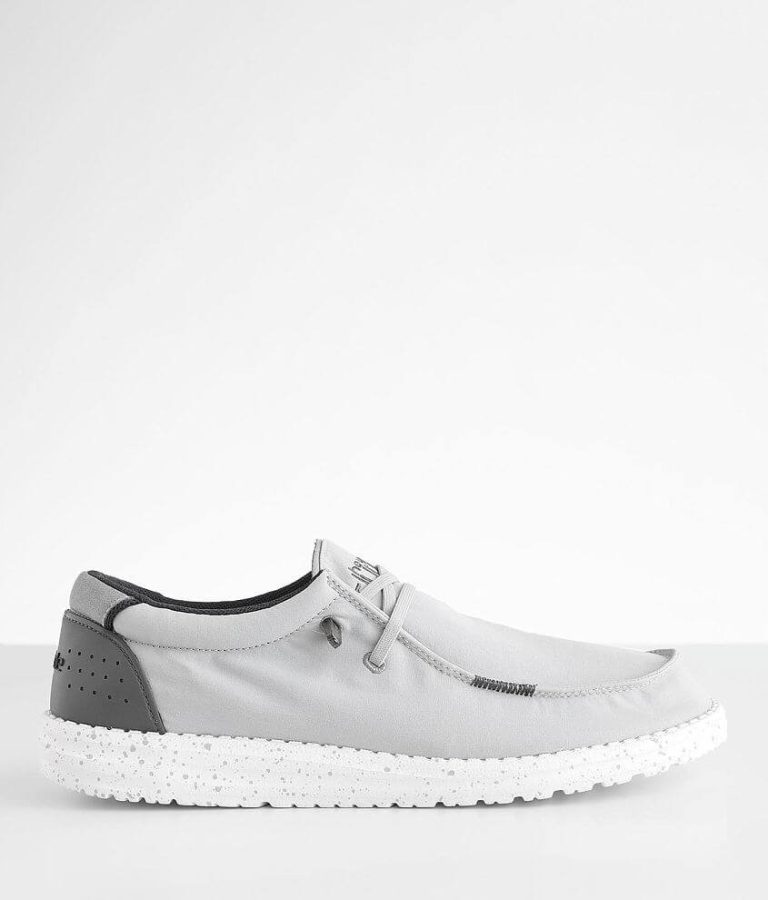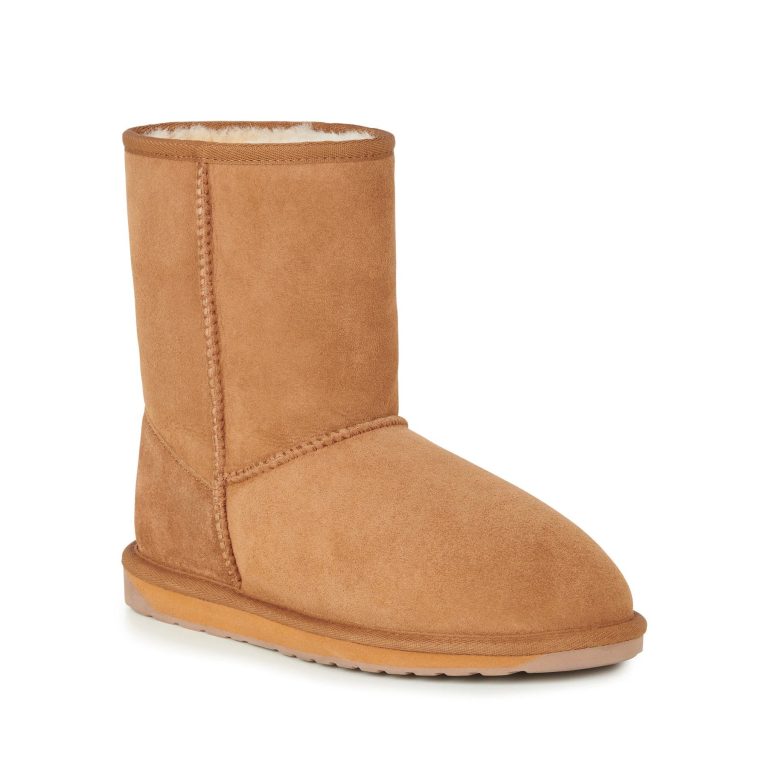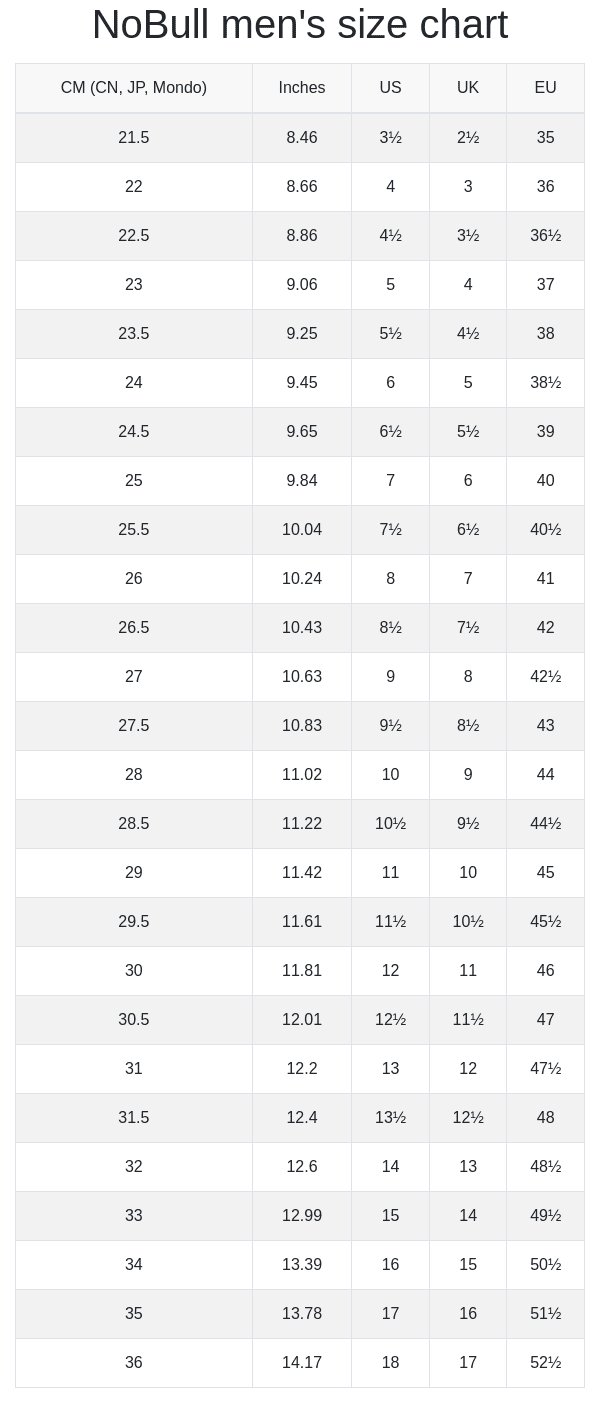Are Timberland boots heavy or lightweight? If you’ve ever wondered about the weight of these popular boots, you’re in the right place. Timberland boot weight is an important consideration for many outdoor enthusiasts and fashion-forward individuals alike. Whether you’re planning a hiking trip or simply looking to add some style to your wardrobe, understanding the weight of Timberland boots can help you make an informed decision. So, let’s dive in and explore the ins and outs of Timberland boot weight, so you can choose the perfect pair for your needs.
Timberland Boot Weight
When it comes to choosing the perfect pair of boots, one important factor to consider is weight. The weight of a boot can have a significant impact on comfort, durability, and overall performance. Timberland boots are renowned for their quality craftsmanship and ability to withstand the toughest conditions. In this article, we will dive into the topic of Timberland boot weight and explore its importance in the world of footwear.
The Importance of Boot Weight
The weight of a boot can directly affect the wearer’s experience in several ways. Here are a few key reasons why boot weight matters:
Comfort
Wearing heavy boots for an extended period can cause fatigue and discomfort. Lighter boots provide better mobility, allowing you to move more easily. The weight of your boots can make a big difference, especially if you are wearing them for long hikes or work shifts.
Performance
For outdoor enthusiasts, weight is a crucial factor in boot selection. Lightweight boots enable hikers, climbers, and backpackers to move swiftly and effortlessly. In activities that require agility and speed, heavy boots can slow you down and hinder performance.
Durability
The weight of a boot can also be an indicator of its durability. While heavier boots may offer sturdiness and protection, they may not be as suitable for extended use. Conversely, lighter boots may sacrifice some durability for improved comfort and flexibility.
Timberland Boot Weight Categories
Timberland offers a wide range of boots, each tailored to specific needs. Here are three common categories of Timberland boots based on weight:
Lightweight Boots
Timberland lightweight boots are designed for those seeking comfort and flexibility. These boots typically weigh around 1-2 pounds per boot, making them ideal for activities that require agility, such as hiking and casual everyday wear. Their lightweight construction ensures minimal fatigue, allowing for extended use without discomfort.
Midweight Boots
Midweight Timberland boots strike a balance between durability and mobility. Weighing between 2-3 pounds per boot, they offer greater protection and support compared to their lightweight counterparts. These boots are suitable for various outdoor activities, including hiking, light backpacking, and work environments that demand stability.
Heavyweight Boots
If you require maximum durability and protection, Timberland heavy boots are a suitable choice. Weighing more than 3 pounds per boot, these boots are designed for demanding environments such as construction sites and intense outdoor expeditions. They offer exceptional ankle support, insulation, and resilience against harsh conditions.
Factors Affecting Timberland Boot Weight
Several factors contribute to the weight of Timberland boots. Understanding these factors can help you make an informed decision when choosing the right pair for your needs. Here are some key elements that influence boot weight:
Materials
The materials used in the construction of a boot significantly impact its weight. Timberland incorporates various materials, including leather, synthetic fabrics, and rubber, to achieve the desired balance between weight, durability, and performance. Leather boots tend to be heavier but offer superior protection, while synthetic fabrics can reduce weight without compromising on strength.
Boot Style
Different boot styles have varying weights due to their construction and intended use. For example, a hiking boot with a lower ankle height will generally be lighter than a work boot with a higher ankle height and additional protective features. It’s important to consider the specific demands of your activities when selecting a boot style.
Features and Enhancements
Additional features, such as waterproofing, insulation, and reinforced toe caps, add weight to the boots. While these features provide added functionality and protection, they can contribute to a heavier overall weight. Consider which features are essential for your specific requirements and choose accordingly.
Choosing the Right Weight for Your Needs
Selecting the ideal weight for your Timberland boots depends on your intended use and personal preferences. Here are some factors to consider when making your decision:
Activity Level
Consider the level of activity you will be engaging in while wearing the boots. If you primarily participate in high-intensity activities that demand agility and speed, lightweight boots might be the most suitable choice. However, if you need extra protection and durability, heavier boots might be more appropriate for rugged environments.
Climate and Conditions
The climate and conditions in which you plan to wear your boots are essential factors to consider. For hot and humid environments, lightweight boots with breathable properties can enhance comfort. In contrast, for colder climates or wet conditions, boots with insulation and waterproofing features are crucial, even if they add extra weight.
Personal Preference
Ultimately, personal preference plays a significant role in choosing the weight of your Timberland boots. Some individuals may prioritize comfort and mobility, while others may prioritize durability and support. Consider your own comfort levels and preferences before making a final decision.
In conclusion, Timberland boot weight is an important aspect to consider when selecting the perfect pair of boots. The weight can impact comfort, performance, and durability. Timberland offers a diverse range of boots, catering to different needs and activities. By understanding the factors that influence boot weight and considering your own requirements, you can make an informed decision and find the ideal Timberland boots for your adventures.
New Timberland Pro Work Boots Got Me Feeling Like.
Frequently Asked Questions
What is the weight of Timberland boots?
The weight of Timberland boots varies depending on the specific style and size. On average, Timberland boots weigh between 2 and 4 pounds (0.9 to 1.8 kilograms). The weight may slightly differ for different models, such as hiking boots versus work boots, and may also vary based on the materials used in construction.
Are Timberland boots heavy to wear?
Timberland boots are known for their durability and ruggedness, but they are not excessively heavy or burdensome to wear. While they may have a sturdier feel compared to lightweight athletic shoes, Timberland boots are designed to provide support and protection without causing discomfort or fatigue during extended wear.
Do Timberland work boots weigh more than casual boots?
Timberland work boots are typically constructed with additional features and materials to provide enhanced safety and protection. As a result, they may weigh slightly more than Timberland’s casual boots. However, the weight difference is generally not significant and should not cause any discomfort or hinder performance during work activities.
Do Timberland boots feel heavy during long hikes?
Timberland boots are designed to be suitable for various outdoor activities, including hiking. While they may have a more substantial weight compared to lightweight hiking shoes, Timberland boots provide excellent support and durability for rugged terrains. Properly fitted and laced, they should not feel excessively heavy or cause discomfort during long hikes.
Are Timberland pro boots heavier than regular Timberland boots?
Timberland Pro boots are specifically designed for work environments that require additional safety features, such as reinforced toe caps and puncture-resistant midsoles. Due to these added components, Timberland Pro boots may be slightly heavier than regular Timberland boots. However, the weight difference is typically minimal and should not significantly affect comfort or performance.
Final Thoughts
In conclusion, the weight of Timberland boots plays a significant role in their overall performance and comfort. The careful construction and materials used in their design ensure a balance between durability and lightness. Timberland boots with a lower weight offer increased mobility and reduce fatigue, making them ideal for long walks or outdoor activities. However, it is important to note that the weight of the boots may vary depending on the specific style and features. When considering Timberland boots, it is essential to find the right balance between weight and functionality to suit individual needs and preferences. Overall, the weight of Timberland boots is an important factor to consider when making a purchasing decision.






